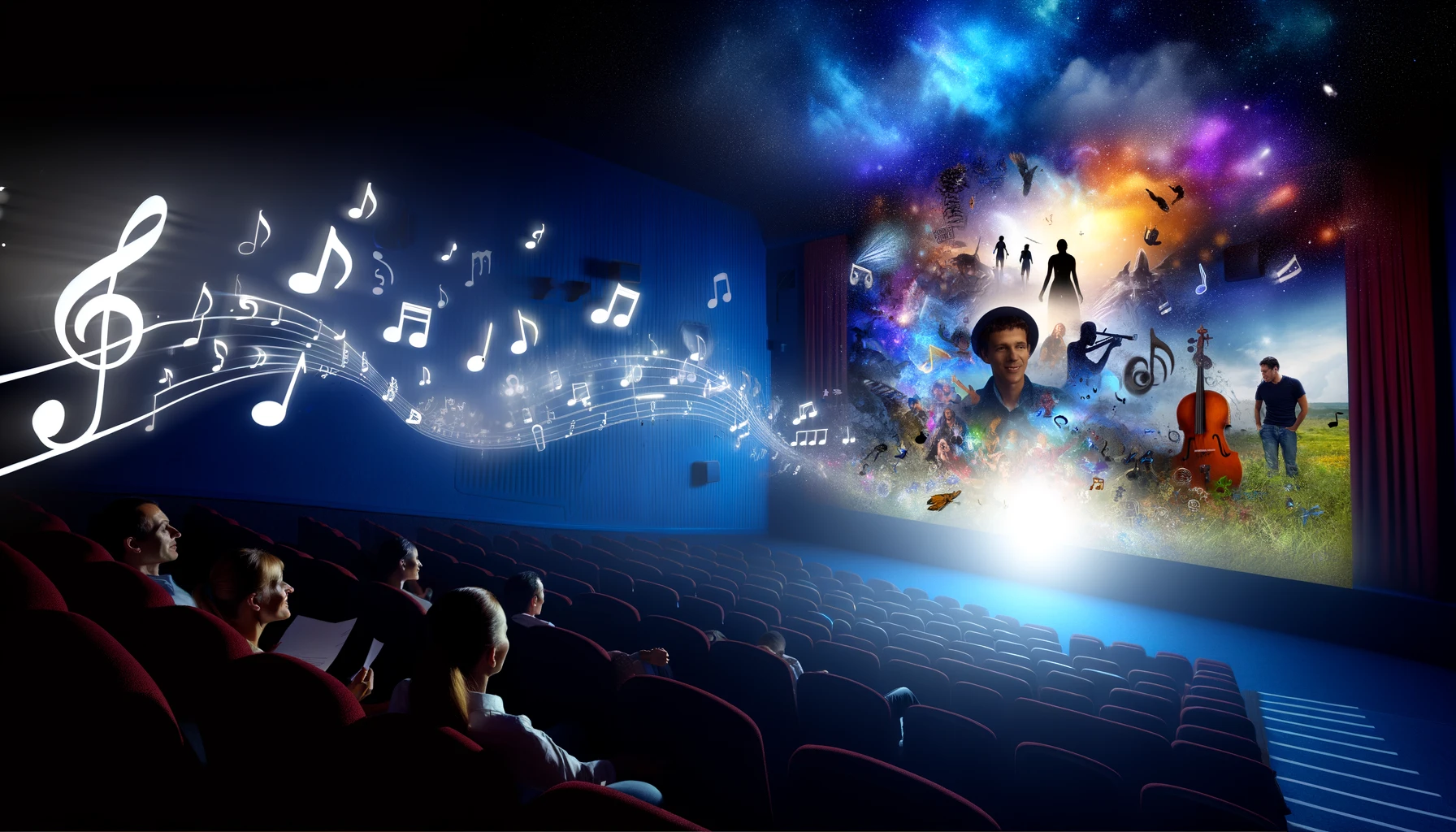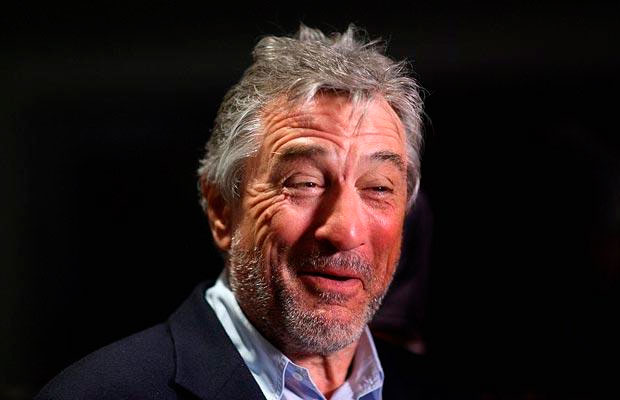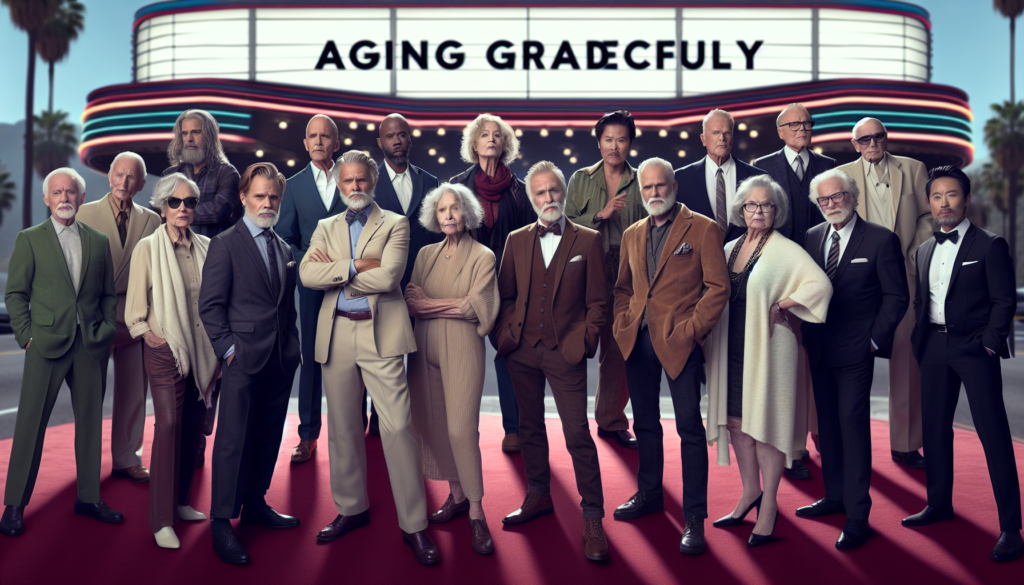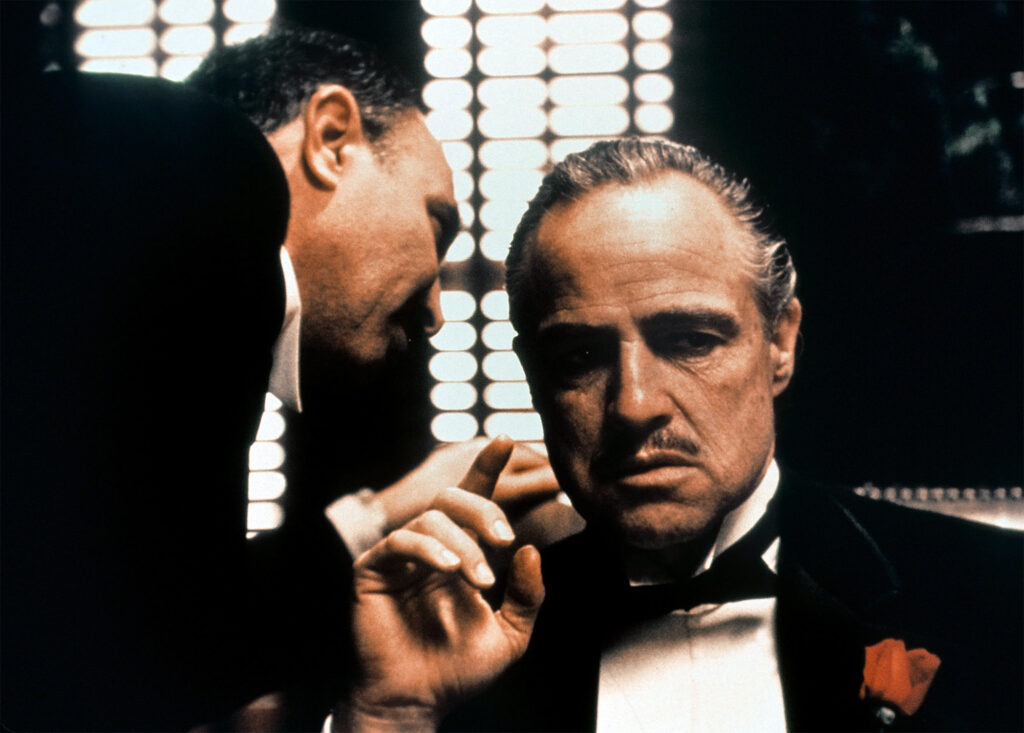When it comes to movie-watching, the power of soundtracks cannot be overlooked. Music has the ability to enhance the overall movie-viewing experience in ways that few other elements can. From setting the tone for a particular scene to evoking emotion, soundtracks play a crucial role in shaping the audience’s perception of a film.
One of the primary ways in which music enhances the movie-viewing experience is by creating an emotional connection between the audience and the characters on screen. A well-chosen soundtrack can effectively convey the emotions and motivations of the characters, drawing the audience into the story and allowing them to empathize with the characters on a deeper level.
Take, for example, the iconic soundtrack of the film “Titanic.” The haunting melody of Celine Dion‘s “My Heart Will Go On” not only serves as a love theme for the central characters, but also evokes a sense of longing and nostalgia that resonates with audiences long after the film has ended. The power of this song is such that it has become synonymous with the film itself, enhancing the emotional impact of the story and leaving a lasting impression on viewers.
In addition to evoking emotion, soundtracks also have the ability to set the tone for a particular scene or sequence. Whether it’s the suspenseful build-up of a horror film or the exhilarating climax of an action-packed thriller, the music accompanying a scene can significantly impact the audience’s experience. The use of a well-chosen soundtrack can heighten the tension and create a more immersive viewing experience, effectively drawing the audience into the world of the film.
Furthermore, soundtracks have the ability to provide crucial context and enhance the overall atmosphere of a film. By carefully selecting pieces of music that complement and enhance the visual elements of a film, filmmakers can effectively convey the time period, setting, and mood of the story. For example, the use of jazz music in the film “La La Land” not only serves as a reflection of the characters’ passions and aspirations, but also sets the stage for the film’s nostalgic and romantic tone.
Moreover, soundtracks often become intrinsically tied to the identity of a film, to the point where certain pieces of music become synonymous with the film itself. This can be seen in the case of films like “Rocky,” “The Godfather,” or “Star Wars,” where the iconic soundtracks have become an integral part of the film’s legacy. The use of memorable and distinctive music not only enhances the overall movie-viewing experience, but also serves as a powerful marketing tool, creating a lasting impression on audiences and helping to define the film’s identity.
It is also important to note that soundtracks are not limited to just the music, but also encompass the use of sound effects and ambient noise to enhance the overall audio experience of a film. By carefully integrating sound effects and ambient noise into the soundtrack, filmmakers can create a more immersive and lifelike environment, effectively drawing the audience into the world of the film.
The power of soundtracks cannot be overstated when it comes to enhancing the movie-viewing experience. Whether it’s evoking emotion, setting the tone for a particular scene, providing crucial context, or becoming an integral part of a film’s identity, soundtracks play a crucial role in shaping the audience’s perception of a film. As such, it is important for filmmakers to carefully consider and select the right music and sound effects to complement the visual elements of their films, in order to create a more immersive and captivating experience for their audiences.




